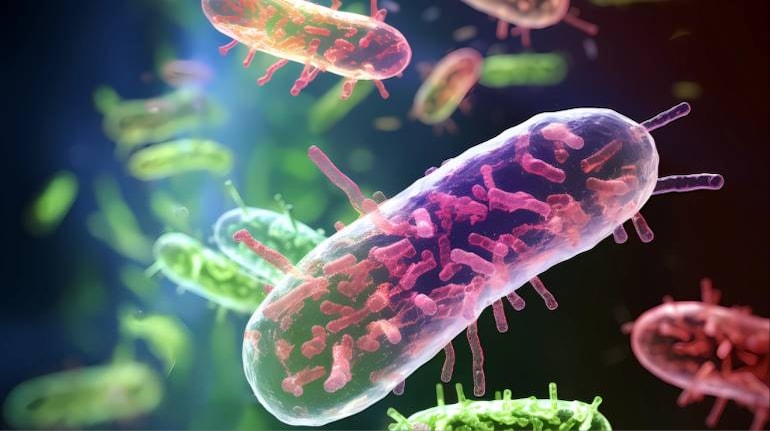
In a groundbreaking achievement, scientists have engineered E. coli bacteria -- the most widely studied microbe -- to generate electricity from wastewater. This can revolutionise both waste management and energy production.
"Though there are exotic microbes that naturally produce electricity, they can only do so in the presence of specific chemicals. E. coli can grow on a wide range of sources, which allowed us to produce electricity in a wide range of environments, including from waste water," said Ardemis Boghossian, professor at EPFL, a public research university in Lausanne, Switzerland as reported by the news agency IANS.
Through a process known as extracellular electron transfer (EET), the researchers engineered E. coli bacteria to exhibit enhanced EET, making them highly efficient "electric microbes."
Unlike previous processes that required specific chemicals for electricity generation, the bioengineered E. coli can produce electricity while metabolising a variety of organic substrates including wastewater that the researchers collected from a local brewery in Lausanne, Switzerland.
"The exotic electric microbes weren't even able to survive, whereas our bioengineered electric bacteria were able to flourish exponentially by feeding off this waste."
The implications of the study extend beyond the treatment of wastewater. Not only can the engineered E. coli generate electricity from a wide range of sources, but it can also be utilised in microbial fuel cells, electrosynthesis, and biosensing, among others.
Moreover, the bacterium's genetic flexibility means that it can also be tailored to adapt to specific environments and feedstocks, making it a versatile tool for sustainable technology development.
(With inputs from IANS)
Read more: Here's why your freezer smells so bad and what you can do about it
Discover the latest business news, Sensex, and Nifty updates. Obtain Personal Finance insights, tax queries, and expert opinions on Moneycontrol or download the Moneycontrol App to stay updated!